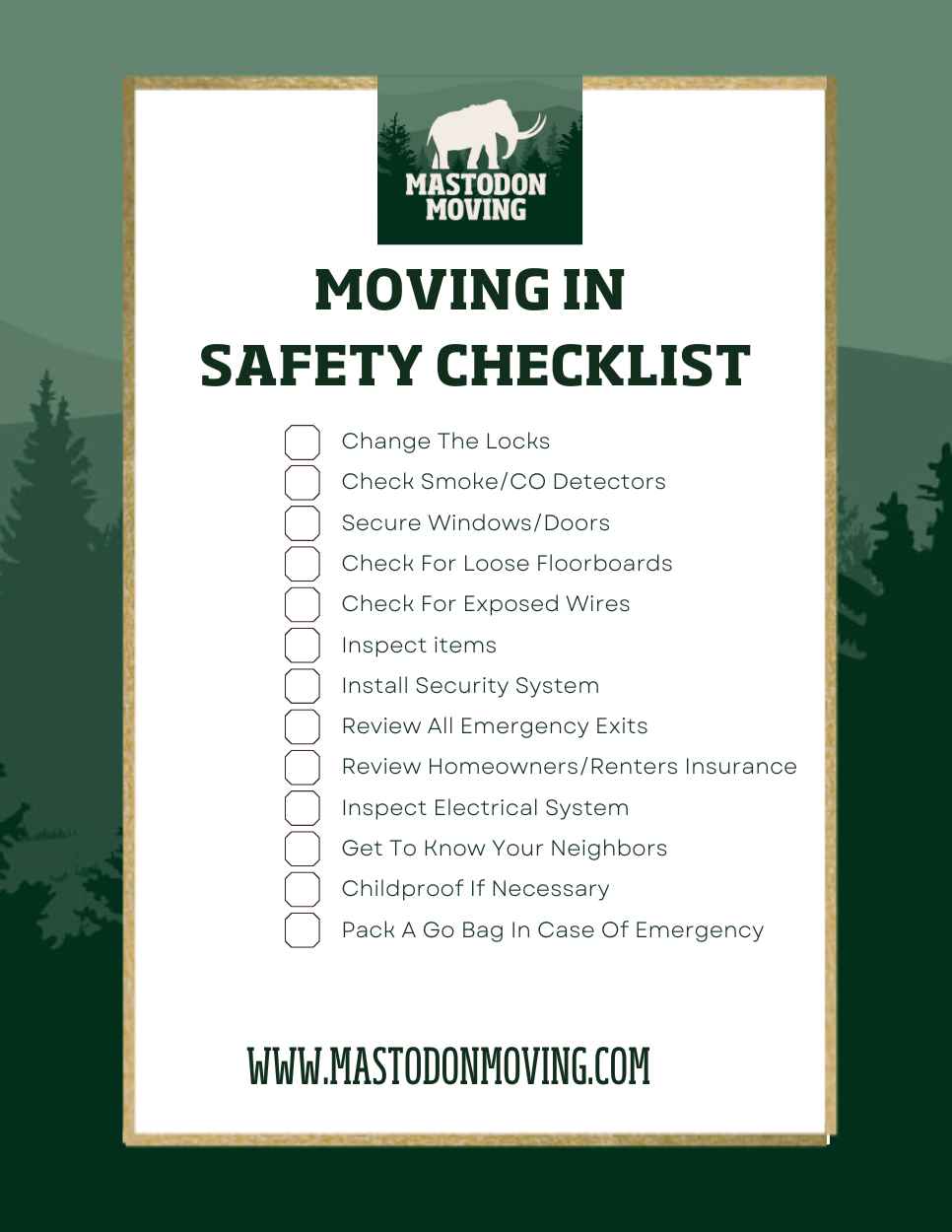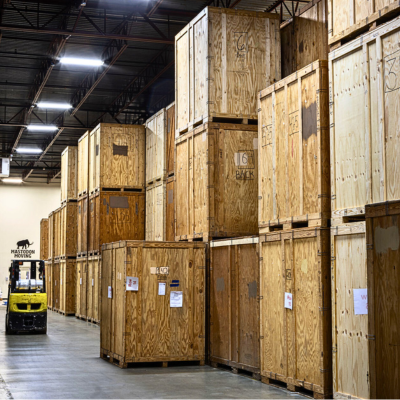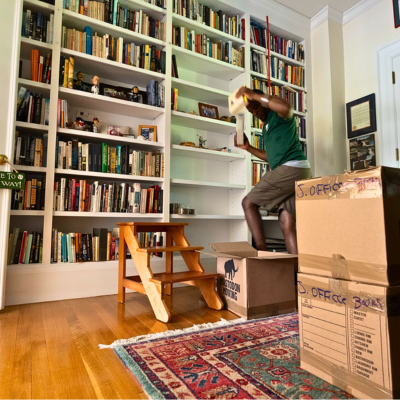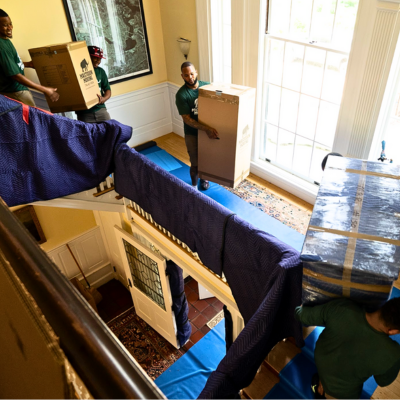Closing day, the culmination of weeks or even months of anticipation, marks the official transfer of property ownership. The most common question movers and realtors get is “Can I Move In On My Closing Day?” A closing is usually scheduled for the morning or afternoon and technically you will have access to the new place then, it may make more sense to wait an extra day or opt for overnight storage.
As the excitement builds and the keys exchange hands, many homeowners are eager to transition seamlessly into their new abode. However, moving on the same day as your closing might not be the optimal choice, and here’s why.
- Unforeseen Delays:
Closing day is notorious for unexpected delays. Legal paperwork, financial transactions, and other administrative processes can encounter hiccups that cause setbacks. Moving trucks idling outside your new home might add to the stress if your closing extends beyond the anticipated time. By decoupling your move from the closing day, you provide yourself with a buffer to handle any unforeseen complications.
- Emotional Rollercoaster:
Closing day is an emotional whirlwind. The joy of finally acquiring your dream home is often accompanied by the stress of paperwork, negotiations, and legalities. Adding the physical strain of moving on the same day can be overwhelming. By allowing yourself time to savor the closing moment and separate it from the logistical challenges of moving, you can better enjoy the transition into your new home.
- Last-Minute Repairs and Adjustments:
It’s not uncommon for buyers to discover unexpected issues during the final walkthrough before closing. These could range from minor repairs to necessary adjustments. If your moving timeline is rigidly tied to the closing day, addressing these concerns becomes a rushed affair. Allowing for a gap between closing and moving provides the flexibility needed to attend to any last-minute details without compromising the integrity of your move.
- Protecting Your Investment:
Moving day is chaotic, and accidents can happen. Rushing to move in immediately after closing increases the risk of property damage. Taking the time to plan and execute a well-organized move, separate from the high-pressure environment of closing day, allows you to safeguard your new investment and ensures a smoother transition.
- Better Coordination with Moving Services:
Professional moving services often operate on tight schedules. Attempting to align your closing and moving day may limit your options and result in higher costs. By scheduling your move on a different day, you can negotiate better rates, secure the services of your preferred moving company, and ensure a more efficient and cost-effective relocation. Mastodon Moving can assign a dedicated moving coordinator to help determine the best solution for your move.
While the urge to move into your new home immediately after closing is understandable, the potential pitfalls of doing so should not be overlooked. Decoupling your closing day from your moving day allows for increased flexibility, reduced stress, and better protection of your investment. By giving yourself the gift of time, you can turn what could be a hectic experience into a smoother, more enjoyable transition into your new home.
Related Posts:











